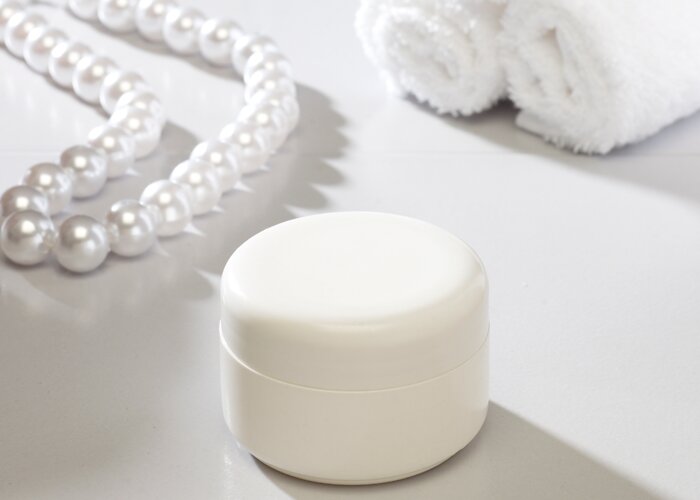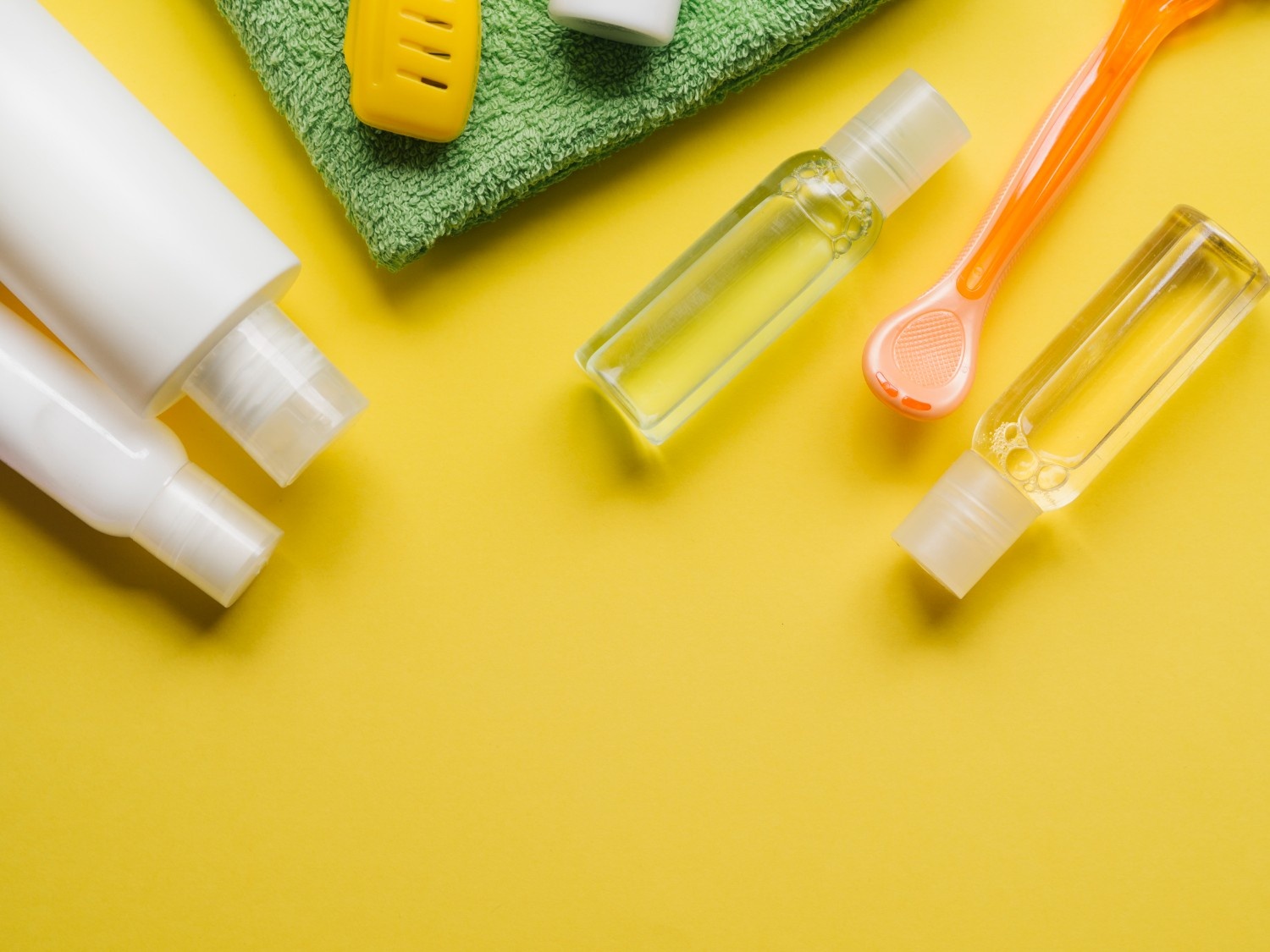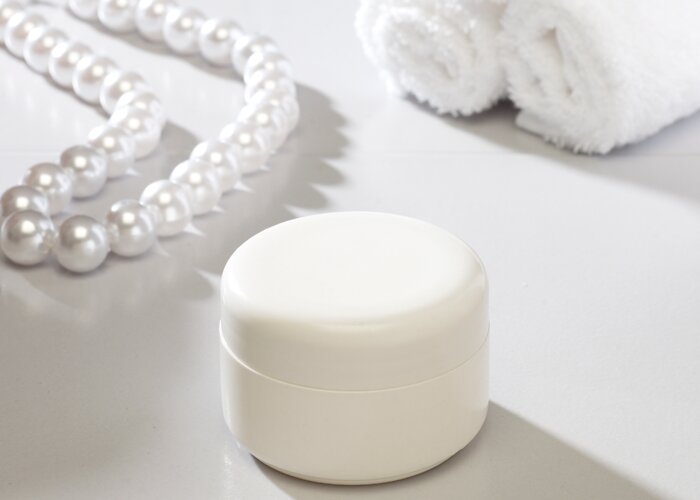How Global Skin Care Manufacturers Stay Compliant

In the world of skincare, safety and trust are everything. When products cross borders, skin care products manufacturers must meet a complex web of global regulations. These rules protect consumers and ensure the highest standards in formulation, packaging, and labeling.
Let’s explore how international manufacturers navigate global compliance—ensuring your skin gets only the safest, most reliable care, no matter where you are.
1. Understanding Regulatory Differences Country by Country
Every country has its own laws for skincare products. In the U.S., it’s the FDA. In Europe, it's the EU Cosmetics Regulation. In Japan, it's MHLW.
Manufacturers must understand each region’s unique definitions, prohibited ingredients, and safety requirements. This ensures a product legally and ethically reaches store shelves abroad.
Navigating these varying rules requires diligence, legal expertise, and a proactive approach to compliance documentation.
2. Ingredient Approvals and Prohibited Substances Lists
Before a single jar is filled, manufacturers need to verify the ingredients used are approved in the target market.
The EU bans over 1,300 cosmetic ingredients. The U.S., far fewer. Skin care products manufacturers must cross-reference every formulation for compliance.
Even naturally derived ingredients may be restricted if their safety profile hasn't been validated for that region. Precision is critical.
3. Implementing Good Manufacturing Practices (GMP)
GMP isn't just a best practice—it's a requirement in most countries. It ensures safety, consistency, and cleanliness across the production line.
International manufacturers follow ISO 22716, a global standard for cosmetics GMP. This covers raw material handling, equipment sanitation, and personnel training.
GMP compliance gives brands and customers confidence that each product is made with care and professionalism.
4. Ensuring Accurate Labeling and Product Claims
Labeling is more than aesthetics. It's about transparency, honesty, and legal responsibility. Different countries require different labeling elements.
From INCI (International Nomenclature of Cosmetic Ingredients) to allergens and usage warnings—skin care products manufacturers must customize labels per market.
Even claims like “anti-aging” or “dermatologist-tested” are heavily regulated. Incorrect claims can lead to recalls, penalties, or lost consumer trust.
5. Safety Assessments and Toxicological Reviews
Before a product is launched internationally, it must pass a safety assessment. This often involves toxicology data, skin sensitivity studies, and microbiological tests.
A qualified safety assessor reviews the formula and certifies that the product is safe under intended use conditions.
In the EU, this is part of the Product Information File (PIF), a legally required dossier held by manufacturers or brand owners.
6. Building and Maintaining a Product Information File (PIF)
The PIF is the heart of compliance in the EU, but similar documentation is required globally. It includes the product formula, manufacturing methods, safety assessments, and labeling.
Skin care products manufacturers must ensure these files are thorough, up to date, and available to regulatory authorities upon request.
Having robust documentation also protects brands in case of audits or safety concerns, fostering long-term consumer confidence.
7. Adapting to Constant Regulatory Updates
Cosmetic regulations are not static. Ingredients get reclassified, packaging laws evolve, and testing standards become more rigorous over time.
Manufacturers must stay informed through industry associations, regulatory newsletters, and government alerts.
Skin care products manufacturers that invest in ongoing training and compliance monitoring stay ahead—and protect the brands they serve.
8. Navigating Animal Testing Bans and Ethical Standards
More countries are banning animal testing in cosmetics. The EU, India, and Australia enforce strict bans, while others transition toward cruelty-free standards.
Manufacturers must develop alternative testing strategies, such as in vitro and computer-based modeling.
Being cruelty-free is no longer just ethical—it’s a competitive advantage and, increasingly, a legal requirement in many regions.
9. Complying with Packaging and Sustainability Regulations
Packaging must also meet international standards. This includes recyclability, material safety, and specific labeling about disposal or environmental impact.
In Europe, extended producer responsibility (EPR) laws require manufacturers to fund recycling efforts.
Globally, skin care products manufacturers are shifting to sustainable packaging solutions to meet both legal and consumer expectations.
10. Collaborating with Local Experts and Regulatory Consultants
When launching in a new market, many manufacturers collaborate with local regulatory experts who understand the legal landscape.
These partners assist with language translations, documentation filing, and pre-market approvals—ensuring smoother entry and ongoing compliance.
For skin care brands, this partnership is crucial. It reduces delays and ensures every product meets both regulatory and cultural expectations.
11. Managing Product Recalls and Post-Market Surveillance
Even with rigorous checks, issues can arise. That’s why global compliance includes systems for post-market monitoring and recall protocols.
Manufacturers must track product batches, gather customer feedback, and investigate any adverse events.
Quick action protects the end user—and preserves the brand's reputation and legal standing in international markets.
12. Certifications That Strengthen Compliance Credibility
Certifications offer assurance that a manufacturer meets global standards. ISO 22716 (GMP), ISO 9001 (quality management), and COSMOS (organic) are widely recognized.
For skin care products manufacturers, these credentials open doors in regulated markets and earn trust with brand partners and consumers alike.
Certifications don’t just validate a process—they demonstrate a commitment to safety, quality, and ethical production.
Conclusion:
Navigating international skincare regulations is a continuous journey—not a one-time task. It takes discipline, foresight, and a deep respect for consumer safety.
The most trusted skin care products manufacturers build their reputation not just on quality, but on their commitment to doing things right, everywhere.
Clarion Cosmetics stands out as one of the best cosmetics products manufacturers, offering reliability, compliance expertise, and a caring approach to skincare solutions tailored for global success.
Note: IndiBlogHub features both user-submitted and editorial content. We do not verify third-party contributions. Read our Disclaimer and Privacy Policyfor details.







